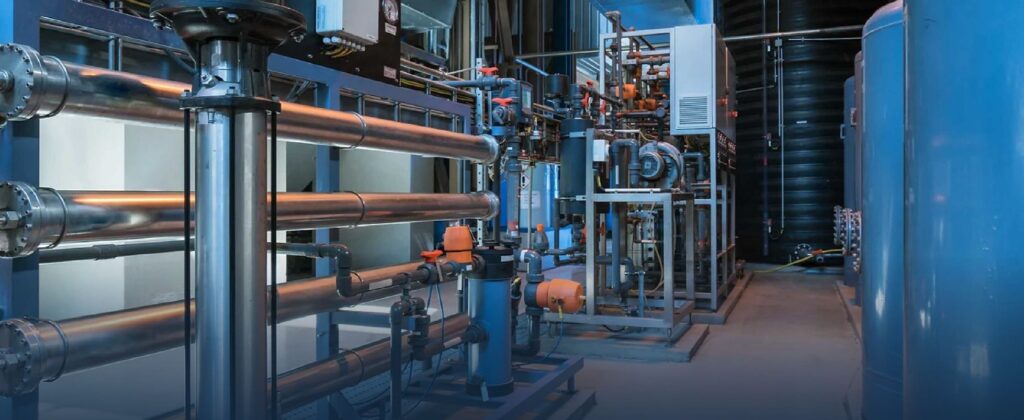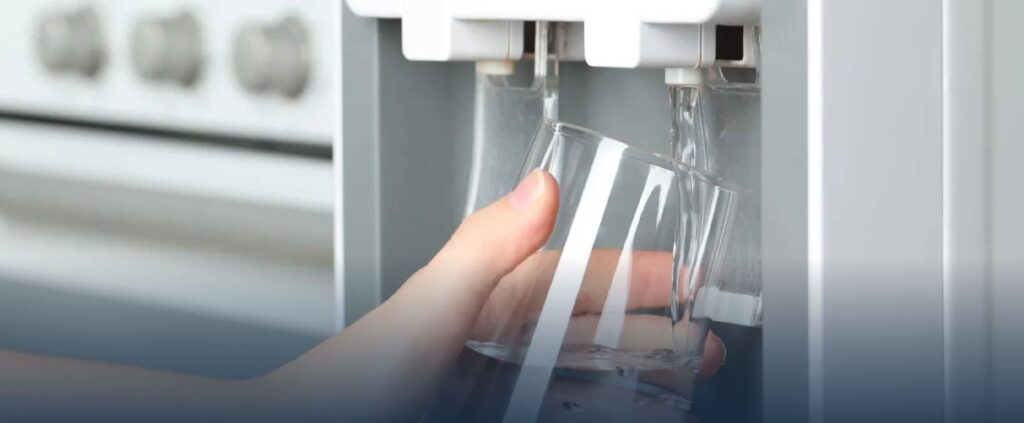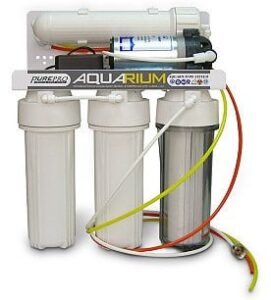~ COMMERICAL SOLUTIONS ~
Autoclave Deionising Filters
Autoclave Deionising Filters for Dental Clinics and Hospitals
The quality of the water used in autoclaves can also affect their performance and lifetime. The steam produced by a facility’s in-house boiler system may not be appropriate for use with autoclaves, and dedicated steam generators may be preferred. Poor steam quality may impair the sterilisation process. For this reason, various norms are now suggesting maximum impurity levels for steam feed water of autoclaves and steriliser used in the medical field. In the case of benchtop autoclaves (e.g. dental autoclaves), care must be taken to clean the water reservoir regularly, and refill it with freshly purified water.
The following water contaminants may have a deleterious effect on autoclaves:
- Ions
Calcium and magnesium salts are less soluble in hot water than in cold water. This leads to scaling, which is the main concern for autoclaves. Carbonate deposits are usually porous, while sulphate deposits tend to be much harder and dense. Scale deposits inside hot water pipes, boilers and heat exchangers restrict water flow and reduce heat exchange efficacy. This may lead to increased heating and maintenance cost. - Metals
Iron, copper and manganese may also form deposits in the steam generator and reduce heat transfer. In addition, they can generate discoloration and stains of the instruments being autoclaved. - Particles
They may form deposits in the steam generator or in the instrument and alter their functioning. They may also contaminate the solutions or instruments being autoclaved.
- Bacteria and their by-products
Levels of bacteria and endotoxins should be minimized in the steam feed water of autoclaves, as there is a risk that they may be deposited onto the items being autoclaved. Although steam sterilization inactivates bacteria, it does not fully inactivate their by-products, such as endotoxins. Endotoxins may affect experiments (such as cell culture, etc.) or patient care (by causing inflammation and delaying wound healing). - Chlorides
They lower steam efficiency. When present in large quantities, they lead to uneven steam delivery and may provoke foaming in the steam generator.
Note: It is important to follow autoclave manufacturer guidelines and recommendations concerning feed water quality.
The deionising filters combine reverse osmosis and ion exchange to deliver deionised water suitable for the autoclaves.




